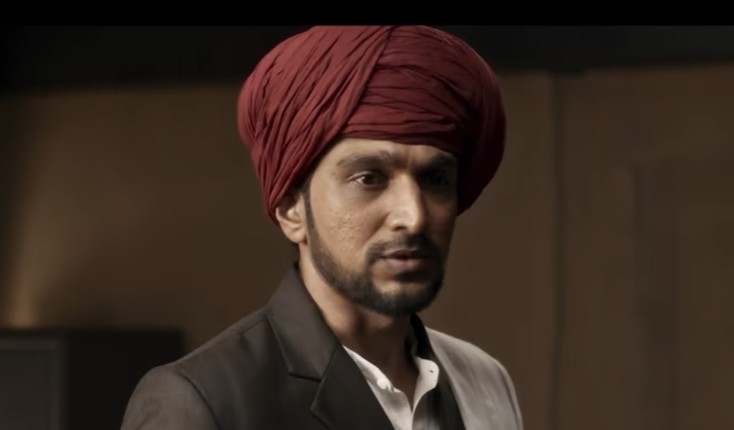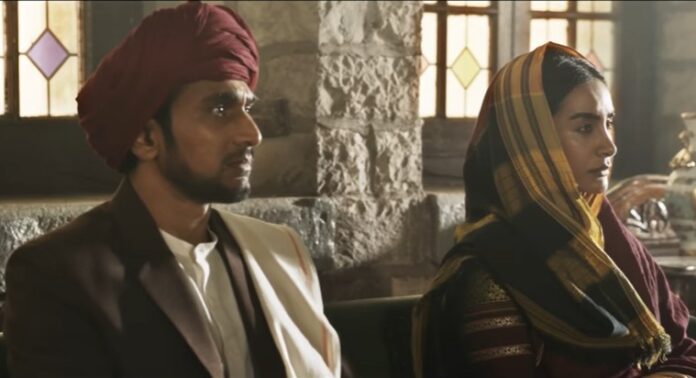April 25, 2025: Phule Review: In an era saturated with flashy biopics and historical fiction that often veers into spectacle, the movie stands out not because it shouts the loudest, but because it speaks from a place of deep-rooted social significance. Directed by Ananth Mahadevan and starring Pratik Gandhi and Patralekhaa, Phule is a film that asks its audience not to forget—but to feel, reflect, and reckon.
Set in the caste-ridden landscape of 19th-century Maharashtra, this movie chronicles the inspiring lives of Jyotiba Phule and Savitribai Phule—India’s pioneering social reformers and educationists who dared to light the flame of literacy and dignity among the oppressed. At a time when girls were married before puberty and destined to be lifelong caretakers, the Phules broke with orthodoxy, teaching not just letters but liberation.
Phule Review: Power Lies in Its Purpose, Not Just Its Plot

Phule opens not with grandeur, but with empathy—Savitribai (Patralekhaa) aiding victims of the Great Plague in Pune. This understated beginning quickly spirals into a flashback that traces the heart of the film: a young Savitri being taught to read by her husband Jyotiba (Pratik Gandhi). This small act becomes the seed of revolution.
The strength of the film lies in its detailed, research-backed portrayal of systemic caste and gender oppression. The visuals of untouchables forced to wear brooms or draw from separate wells are gut-wrenching—underscored by a subdued but haunting score. Though sanitized in some areas to comply with recent censorship guidelines, the essence of the movies’ mission survives.
Pratik Gandhi brings quiet conviction to Jyotiba, while Patralekhaa shines with a fierce oratorical energy as Savitribai—who, in this narrative, is given equal footing, if not more, in the fight for dignity and education. Supporting performances by Vinay Pathak and Joy Sengupta inject additional layers of casteist tension and resistance, though some characters verge on theatrical.
However, where the movie falters is in its narrative sprawl. At over two hours, it tries to cover everything—famine, plague, the 1857 rebellion, Lincoln’s emancipation, and even the French Revolution. This ambitious scope dilutes the emotional intensity and focus, making the film feel at times more like a historical checklist than a cinematic journey.
The censorship controversies, including the removal of direct references to Manusmriti, Mang, and Mahar castes, highlight the tightrope walked by filmmakers today. Yet, ironically, this tension gives the movie an even sharper edge. Despite these forced omissions, the film remains a relevant, if imperfect, reminder of unfinished revolutions.
Review in Short: The Fight for Equality Comes Alive
Phule is not a perfect film—but it is a necessary one. It may feel stretched and talky, but it still manages to echo the voices of two reformers who fought not just for literacy, but for identity. In a time when caste discrimination continues to plague society, this film becomes more than just history—it becomes a call to remember, to resist, and to reform.

